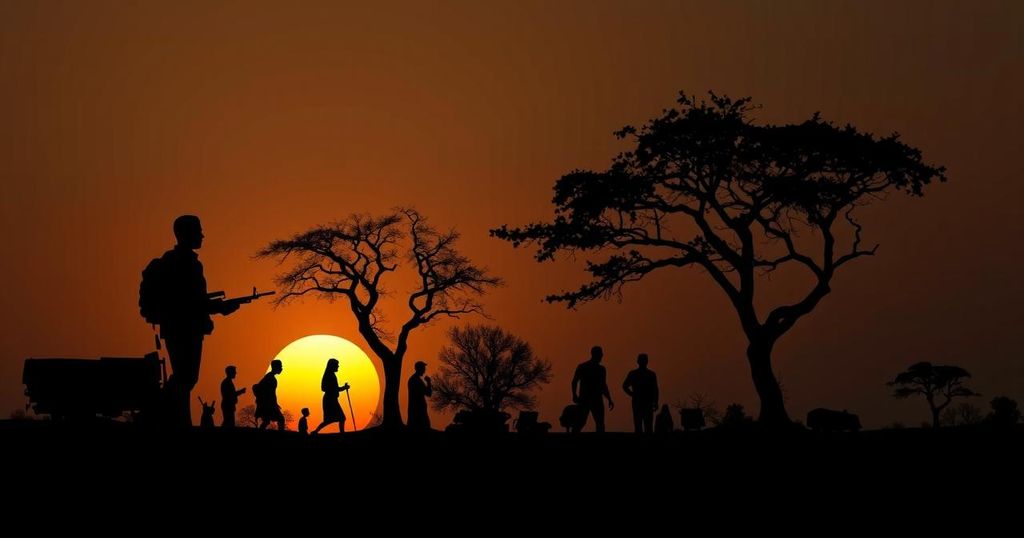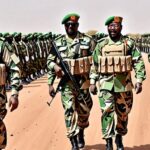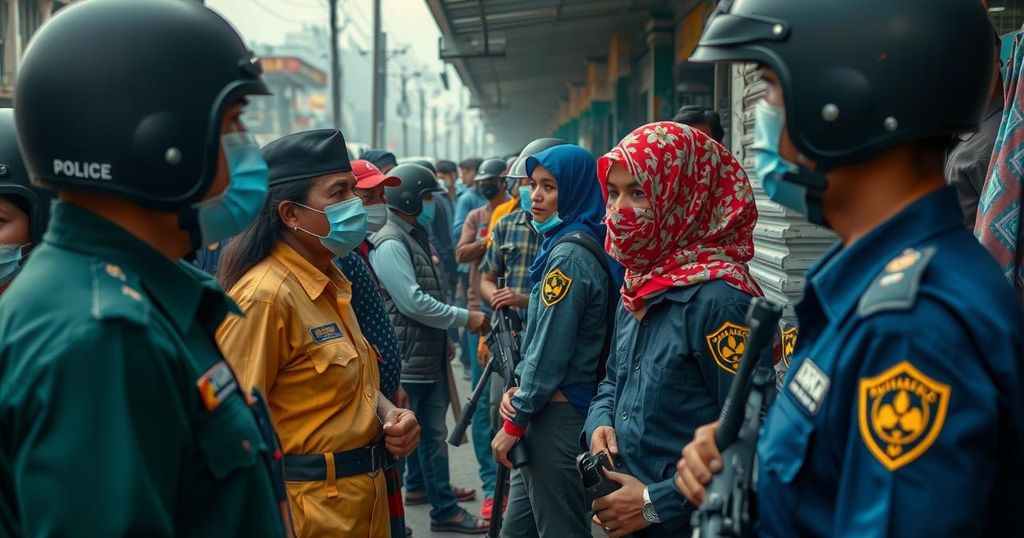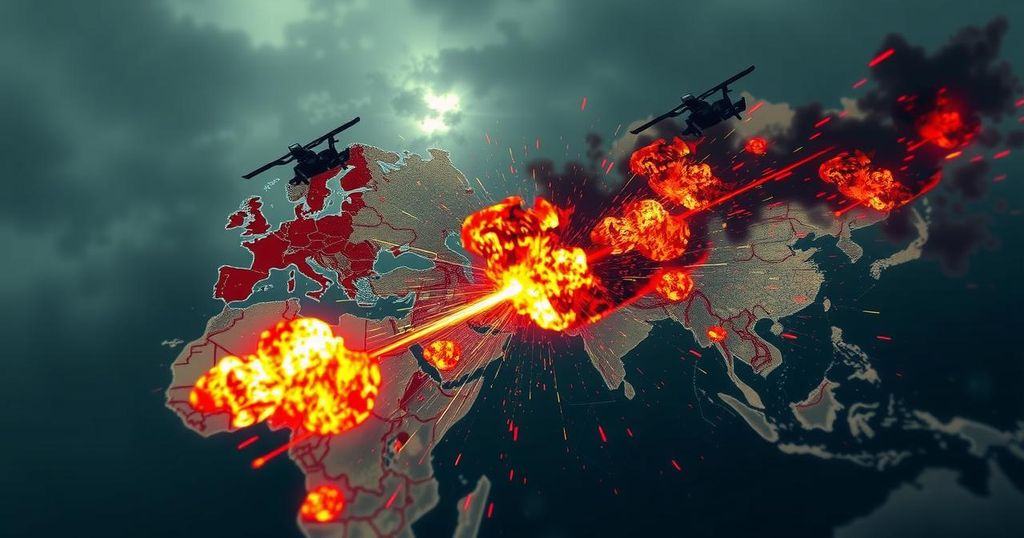Assessing the Role of the New U.S. Envoy in the Resolution of the Sudanese Conflict
On April 15, 2023, Sudan was marked by a violent outbreak of conflict in its capital, Khartoum, as the Sudanese Armed Forces (SAF) clashed with the paramilitary Rapid Support Forces (RSF). Despite ongoing attempts at mediation through temporary ceasefires facilitated by various international players, hostilities persist, resulting in a severe humanitarian crisis afflicting the nation. The conflict has claimed thousands of lives and displaced more than eight million individuals, making Sudan the country with the highest number of internally displaced persons globally, with over 6.5 million people forced to leave their homes. Furthermore, approximately 1.5 million Sudanese have sought refuge in neighboring countries.
The situation is complicated by the involvement of regional powers, which threatens to destabilize the Horn of Africa and the Gulf. Reports indicate that the United Arab Emirates (UAE) has supplied weaponry to the RSF, while Egypt has provided support to the SAF. Alarmingly, evidence suggests that Iran is supplying drones to the SAF, allowing them to reclaim lost ground near Khartoum.
At the heart of this conflict lies a contest for power between two former allies: Abdel Fattah al-Burhan of the SAF and Mohamed Hamdan Dagalo, frequently referred to as “Hemedti,” of the RSF. They previously collaborated to depose long-time dictator Omar al-Bashir in 2019, a coup that led to widespread protests advocating for a transition to a civilian-led government. However, following a violent crackdown on demonstrators in June 2019 that resulted in over 100 deaths, international pressure prompted the establishment of a transitional military-civilian government known as the Transitional Sovereign Council in August 2019, with elections slated for 2023. In an unexpected turn of events, both leaders staged another coup in October 2021, regaining full control.
Differences in vision regarding the future governance of Sudan quickly emerged between the two military leaders. Al-Burhan advocated for the re-inclusion of political elites associated with the previous regime, while Hemedti opposed this plan, fearing it would undermine his position and revert Sudan to its former oppressive structure. Additionally, they clashed over the integration of their respective armed forces, with Al-Burhan demanding a two-year period for the RSF to merge with the SAF, whereas Hemedti argued for a decade-long timeline to maintain the RSF’s autonomy. Tensions escalated until the RSF launched an offensive against SAF bases, marking the genesis of the current brutal conflict.
The RSF, despite being outnumbered, has captured significant areas of Khartoum and the western Darfur region. The humanitarian impact has been catastrophic, particularly for children, with UNICEF warning that 24 million children are at risk of a “generational catastrophe”—14 million requiring humanitarian assistance and 3.7 million acutely malnourished. Furthermore, an overwhelming 19 million children have been out of school, jeopardizing their long-term development.
Humanitarian aid has been grossly inadequate; the United Nations Office for the Coordination of Humanitarian Affairs (OCHA) estimates that only 6% of the $2.5 billion necessary for relief efforts in 2024 has been mobilized. Moreover, the United States has provided merely 10% of the total humanitarian support received for the ongoing conflict.
Both military factions have perpetrated extensive human rights violations, including the extrajudicial killing of civilians, destruction of properties, and the conscription of men and boys under threat of death. Reports from OCHA indicate harrowing accounts of violence, particularly against ethnic minorities such as the Masalit in Darfur, provoking international discourse on the potential for genocide.
Despite the staggering scale of devastation and human suffering, the international community has exhibited a sluggish response. The war in Sudan, which has garnered less attention compared to other conflicts, has received an increase in scrutiny as the crisis deteriorates, extending its implications beyond Sudan’s borders. On February 26, 2024, the Biden administration appointed Tom Perriello as the Special Envoy for Sudan, a move aimed at facilitating U.S. diplomatic efforts to resolve the ongoing conflict. Mr. Perriello has engaged with civil society and regional authorities in hope of revitalizing peace talks.
As the war continues into its second year, Mr. Perriello faces formidable challenges in resolving the complexities of this conflict. Nonetheless, with a rising demand from the Sudanese population and regional actors for a cessation of hostilities, the heightened U.S. diplomatic engagement represents a crucial step in seeking a lasting resolution and restoring peace in Sudan.








Post Comment